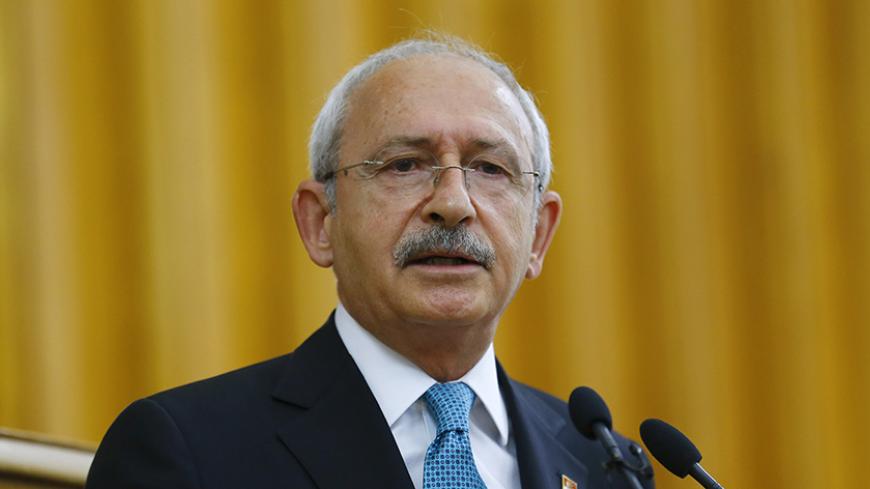The military coup attempt against the Turkish government over the weekend fell flat as a deeply divided nation stood united in solidarity. The rare display of unity, including opposition parties and media outlets critical of the government, has offered a glimmer of hope that Turkey’s long-standing polarization could be thawed to some extent. Yet any prospect of reconciliation and the fate of Turkey’s crippled democracy remain uncertain in the wake of the unrest, with the final say resting with President Recep Tayyip Erdogan.
Just days before the botched coup attempt, a heavyweight member of the ruling Justice and Development Party (AKP) had made a remarkable appeal, saying that fence-mending deals with Russia and Israel should be followed with efforts to heal internal rifts. “Now it’s time to multiply friends at home,” AKP co-founder and former parliament Speaker Cemil Cicek said in early July, referring to Ankara’s new slogan of “more friends, less enemies” in the region.


